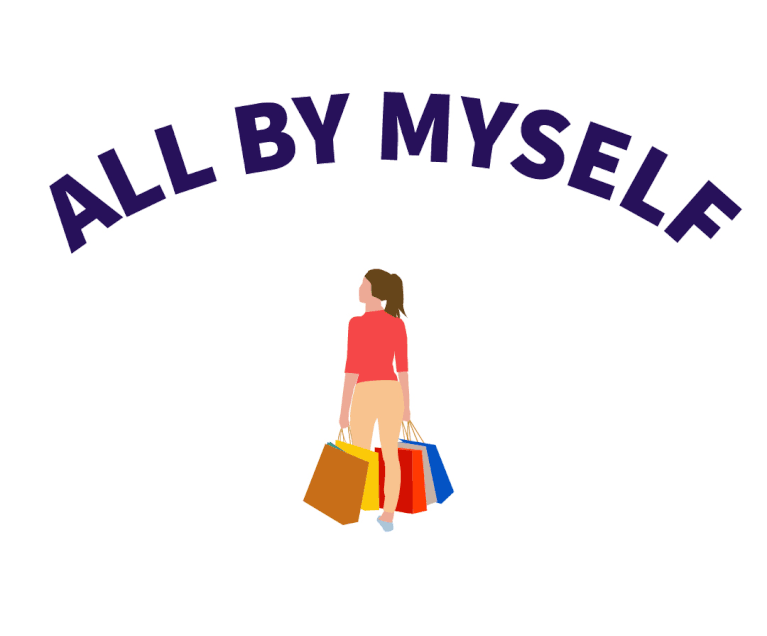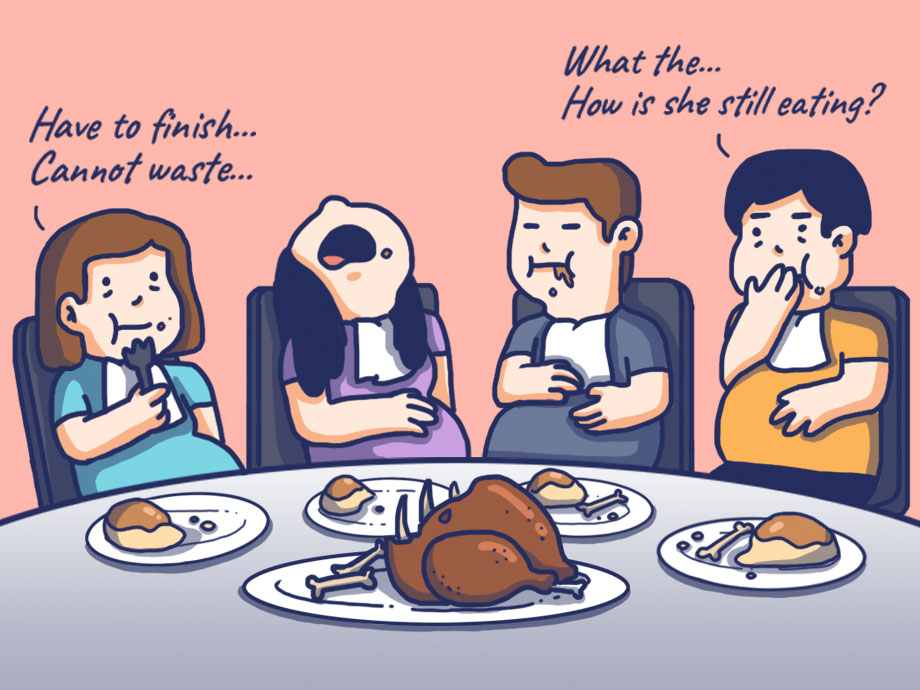Budgeting | Personal Finance | Article
Mind-trick Yourself to a Fatter Wallet
by Sophia | 21 May 2019 | 7 mins read

Near the end of every month – or your next payday – you’ll likely be digging through empty pockets for some loose change. That’s the circle of life, isn’t it? You get paid, your money runs out, and you’re back on your instant noodles diet until your bank account is restored to full health. But here’s an alternative: spending less in order to save more.
It’s definitely easier said than done. But if you know how to trick yourself into forking out less money, you might finally feel like you do have enough to survive on. And saving money is never a bad thing. Here are 10 tricks you can use on yourself to stay responsible, and less wasteful.
1. Sleep on it
You’re eyeing that Nintendo Switch and its hefty price tag. But before you reach into your wallet and shell out $400, take a step back and breathe.
Then take a U-turn, go home and sleep on it. For three nights.
Because if it’s still something you really want, you’ll still think about it three days later. Then you know it might not be an impulse purchase.
This act of sleeping on a purchase isolates your mind from the NOW impulse, triggered when you see the item right in front of you. This gives you the head-space to evaluate if you really want the purchase.
2. Buy only what you need

Buying in bulk seems to be a frugal measure – especially with bulk discounts at the supermarket. But if you find yourself stuffing your face to beat expiration dates, or worse, find yourself throwing out rotten fruit, perhaps bulk-buying isn’t for you.
So, instead of buying an entire week’s worth of groceries, make grocery shopping targeted. Thinking of cooking something up tonight? Make a list and buy the ingredients on the way home, right before meal prep.
Bonus: Having a specific grocery list prevents aisle-wandering. Decreasing chances of being enticed into picking up, weird random stuff that catches your eye. Get in and get out.
3. Co-pay subscription services
Sharing your subscription services with friends and family. Services like Netflix and HBO GO offer group subscription plans. Instead of paying $20 for yourself, you pay much less – since your friends and family are contributing as well.
Arranging automatic monthly payments to the main subscriber is simple. Just look for “Standing Instruction”, available on most online banking services.
4. Convert money into time
Evaluating whether we can afford something is difficult. If we can afford it, we can afford it right? What’s a $200 bag when I have $3000 salary?
Instead of thinking about your purchases in terms of how much they cost, try thinking about how many hours you’d have to work to afford it.
For example, if your job pays you $10/hour, and you’re looking to buy a $200 bag, the purchase would be worth 20 hours of work, essentially two work days of your life. Is it now worth it? Doing helps us contextualise money away from merely being an abstract quantity, but against something we also prize, our time.
If you have a regular 9-to-6 job. The formula to get your hourly wage is simple. Take your salary and divide it by 180.

5. Remove card information in your browser
Harness the power of inconvenience! Take out your debit/credit card information in your browser. Most browsers like Google Chrome have this, and the autofill function enables online transactions with a single click.
If you really wanted to spend that money, you wouldn’t mind entering in your card information every time. Soon, the act itself will look like a chore, and you’ll be less inclined to shelling out money for your overflowing shopping cart.
6. Unsubscribe from mailing lists
Stop letting companies tempt you right to your doorstep – especially in your email inbox. You know, the one that’s filling up with newsletters on the latest deals and discounts. Most will attempt to entice you to click ‘buy’ and not miss out on one-time offers.
Out of sight, out of mind.
7. Pay in cash
If you’re still struggling with cutting back on your spending, try paying for everything you buy in cold, hard cash. It might seem counterintuitive, but the more expensive something is, the more you’ll feel the burn whenever you hand over your stack of bills. So, use pain to give pause.
In fact, studies have shown people spend more when paying with credit cards over cash. Almost twice as much.
8. Go shopping alone

Ever had a friend insist you try something on, and when you do, they gush over how good you look, to the point you feel obliged to buy it. It could be that you’d really look so great in that shirt – and these might very well be true – but being enabled all the time can only mean you spending more money.
On the other hand, going shopping alone prevents you from being tempted and convinced to spend your money. You won’t be able to hop on to someone’s opinion of that dress on you.
9. Avoid buying drinks when eating out
Snowball every $2 you spend on an ice milo, and you’ll see an amount reaching dinosaurian proportions.
Any daily item with a purchase price below $2 is insidious. They hide within a price range where you wouldn’t think twice (or at all) of the purchase. So it’s easy to end up with multiple drinks purchases a day. This applies to snacks too. So always keep your budget in mind!
When you eat out, bring along your own water bottle, save that money, and your health!
10. Set a no-spend day
Literally, don’t spend any money for one day a week (except for public transportation and cooking costs).
While the immediate benefit to your wallet is obvious, the bigger benefit is that by trying not to spend. Essentially, this makes the immediate gratification caveman side of your brain scream.
These screams would raise furiously waving flags atop habits you might have never noticed. Such as overconsumption of $2 drinks. You might even discover emotional spending triggers; that midday coffee might be triggered by stress at work.

To know yourself is to know your enemy.
Money is easy to spend, but hard to earn. When you become more mindful of where your money is actually going, and you’ll naturally learn how to be more responsible and frugal, and that, we think, is the best trick of all.














